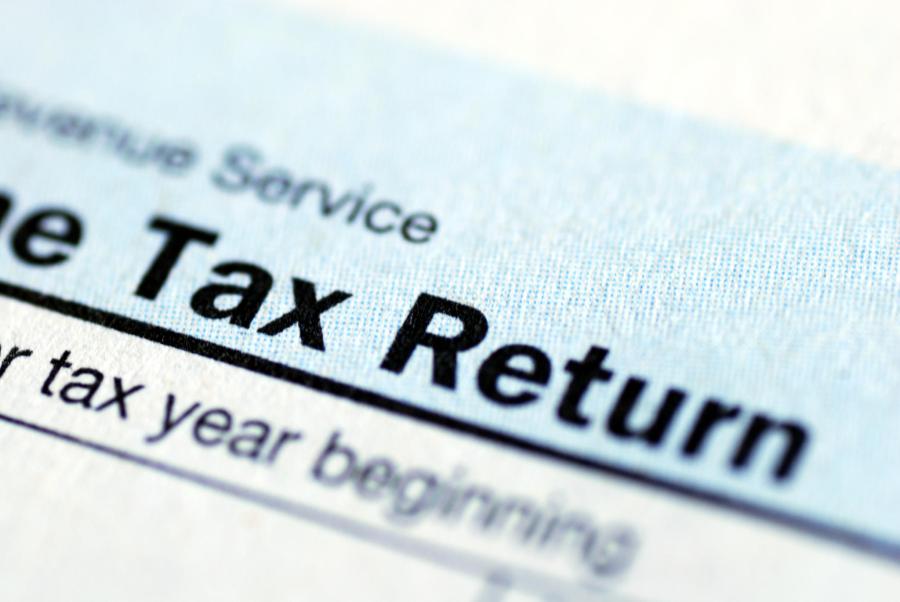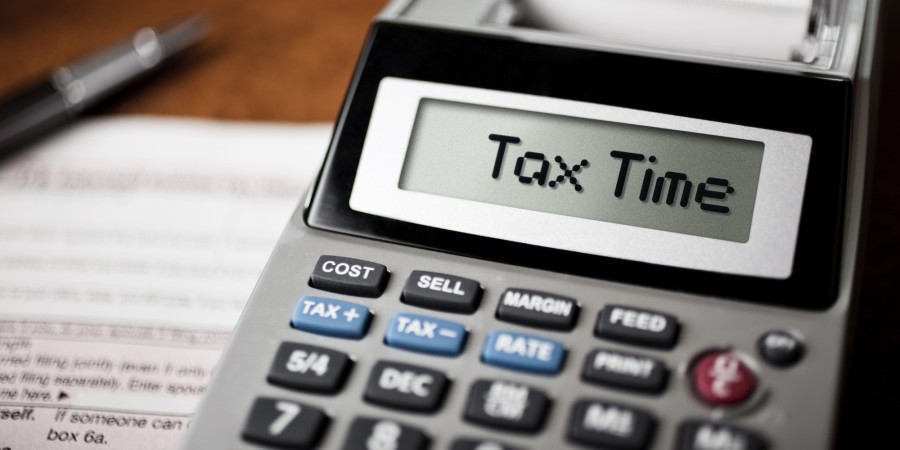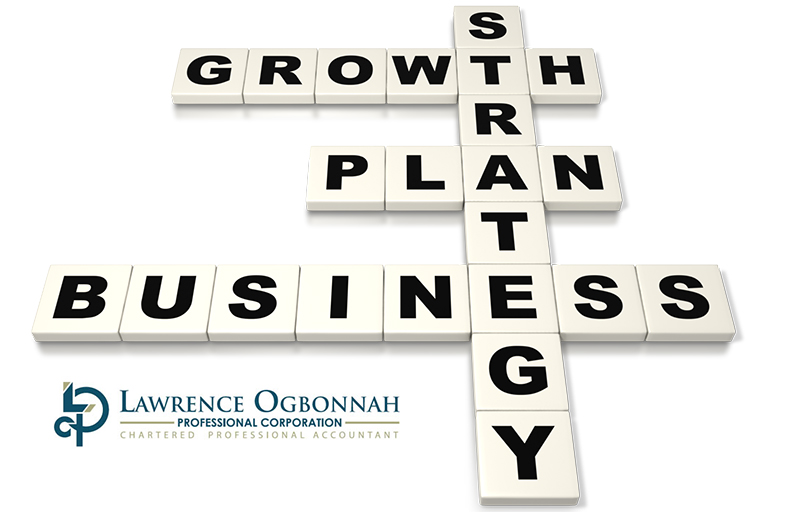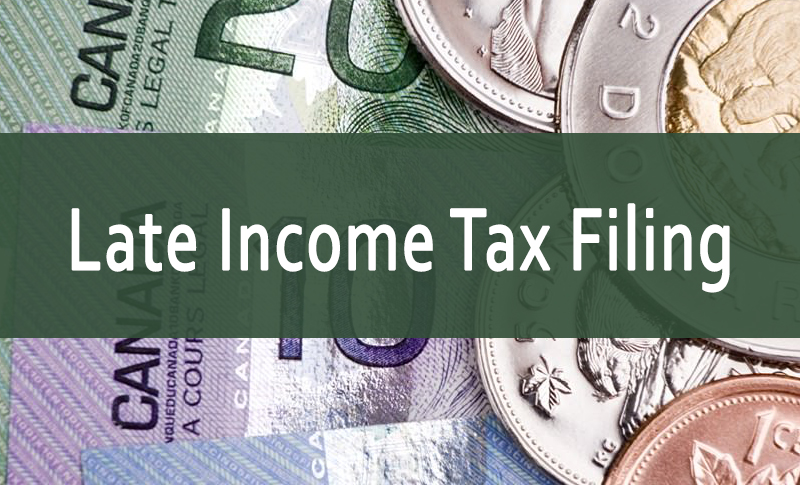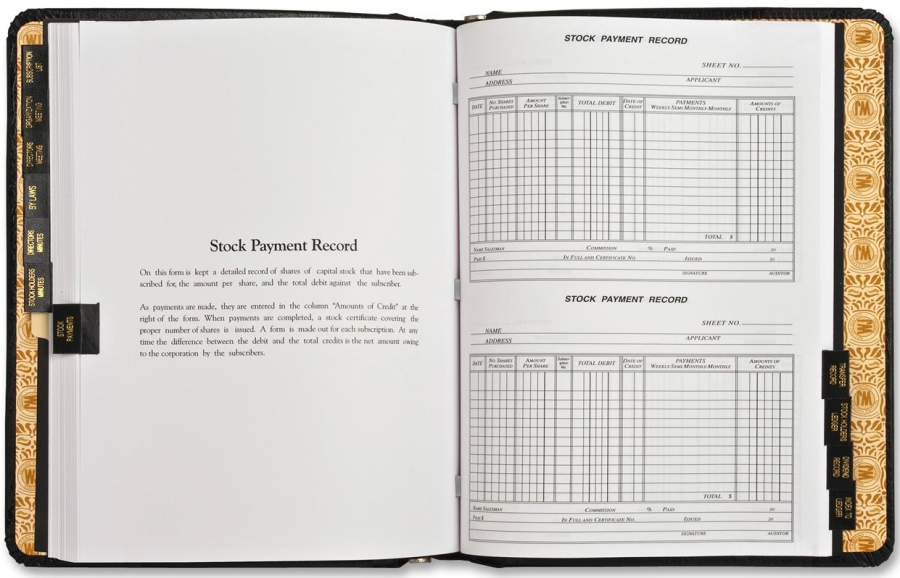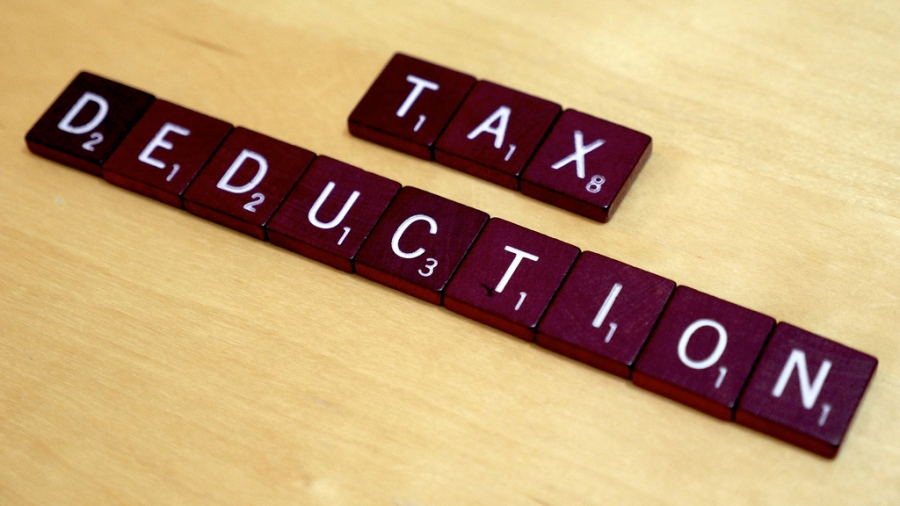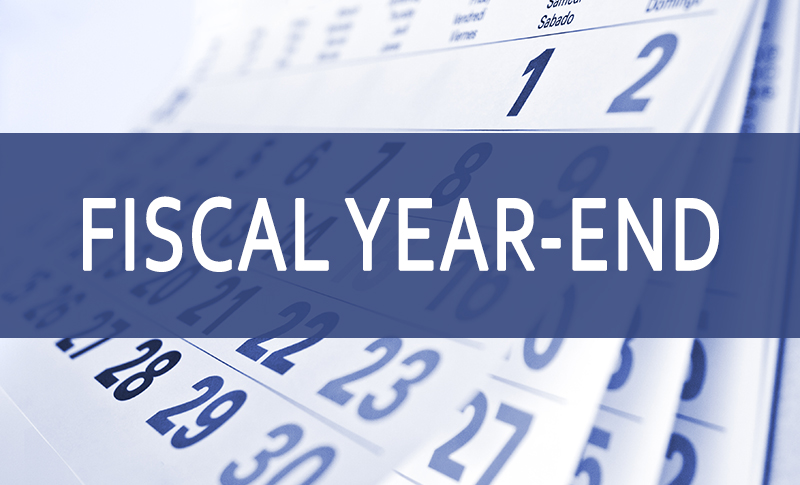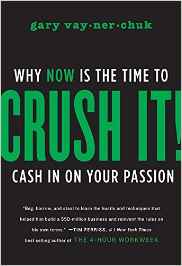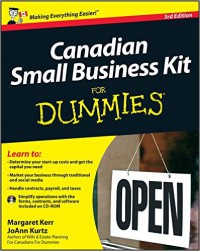It’s that period of the year again. For many businesses and individuals, receipts start popping out of nowhere. People re-discover the calculator function on their phones. Reading glasses appear on those who can see just fine. Who doesn’t love tax time?
With the wealth of online tools available today, more and more Canadians are confident to fill their own personal and corporate taxes online.
In many cases, filing your personal and corporate tax return is just a matter of putting the right information in the right boxes.
For example, for personal taxes, most people who are employed will have a combination of T4 slips for employment income, T3/T5 slips for investment income, RRSP slips for contributions and a few donation and medical receipts. Put in a few child-care expenses and other kids activities receipts and you’ve covered off most of the returns out there. Continue reading “Should I prepare my Accounting Records and File My Taxes on my own this year?”

